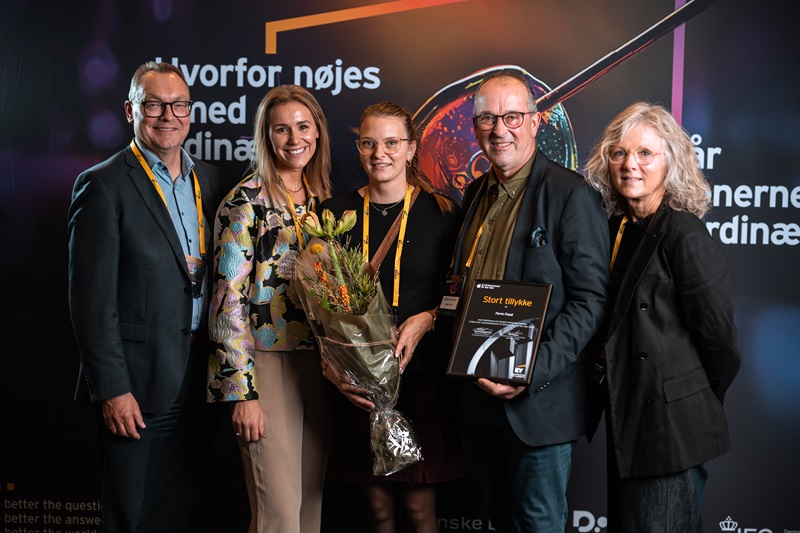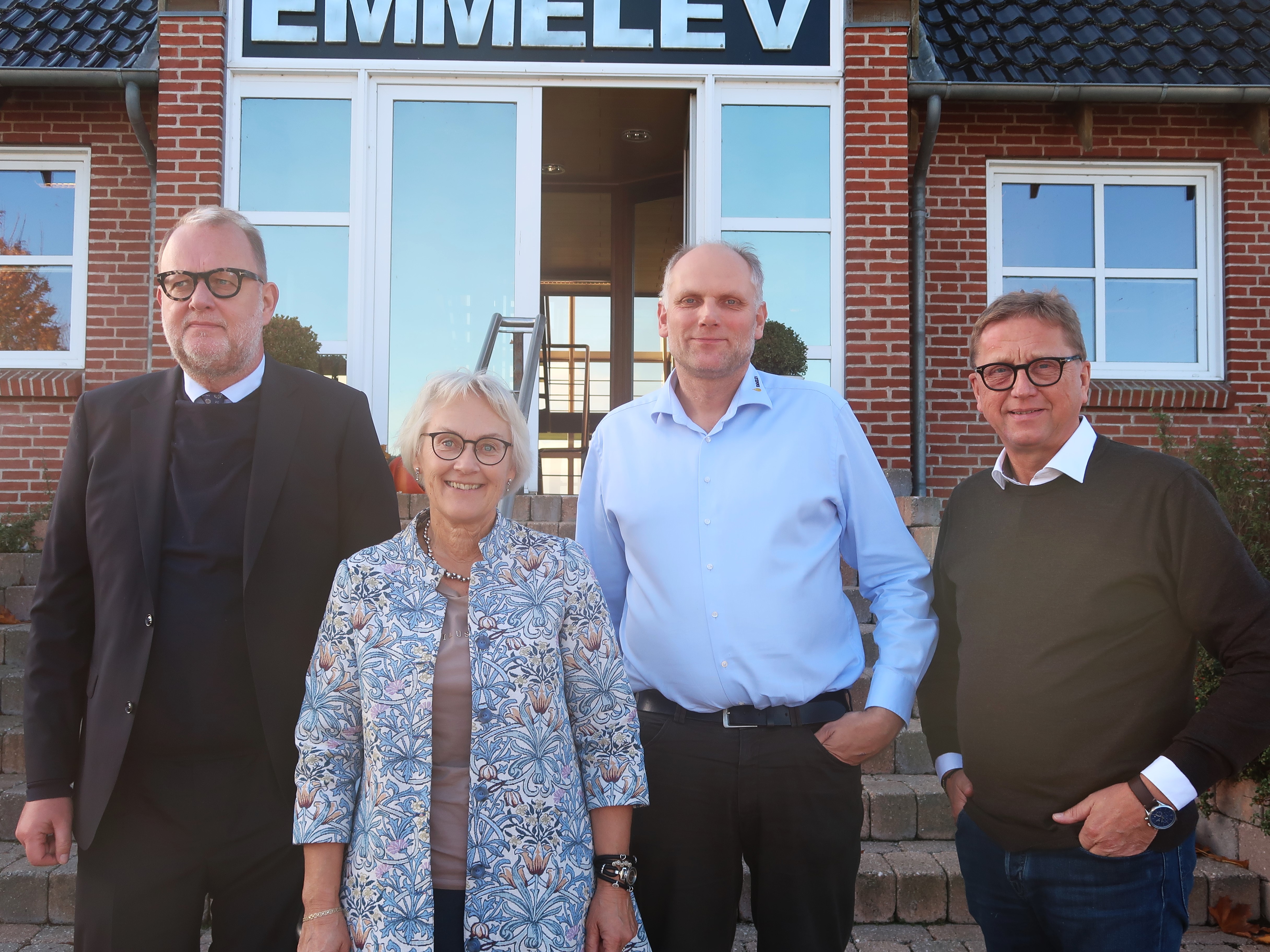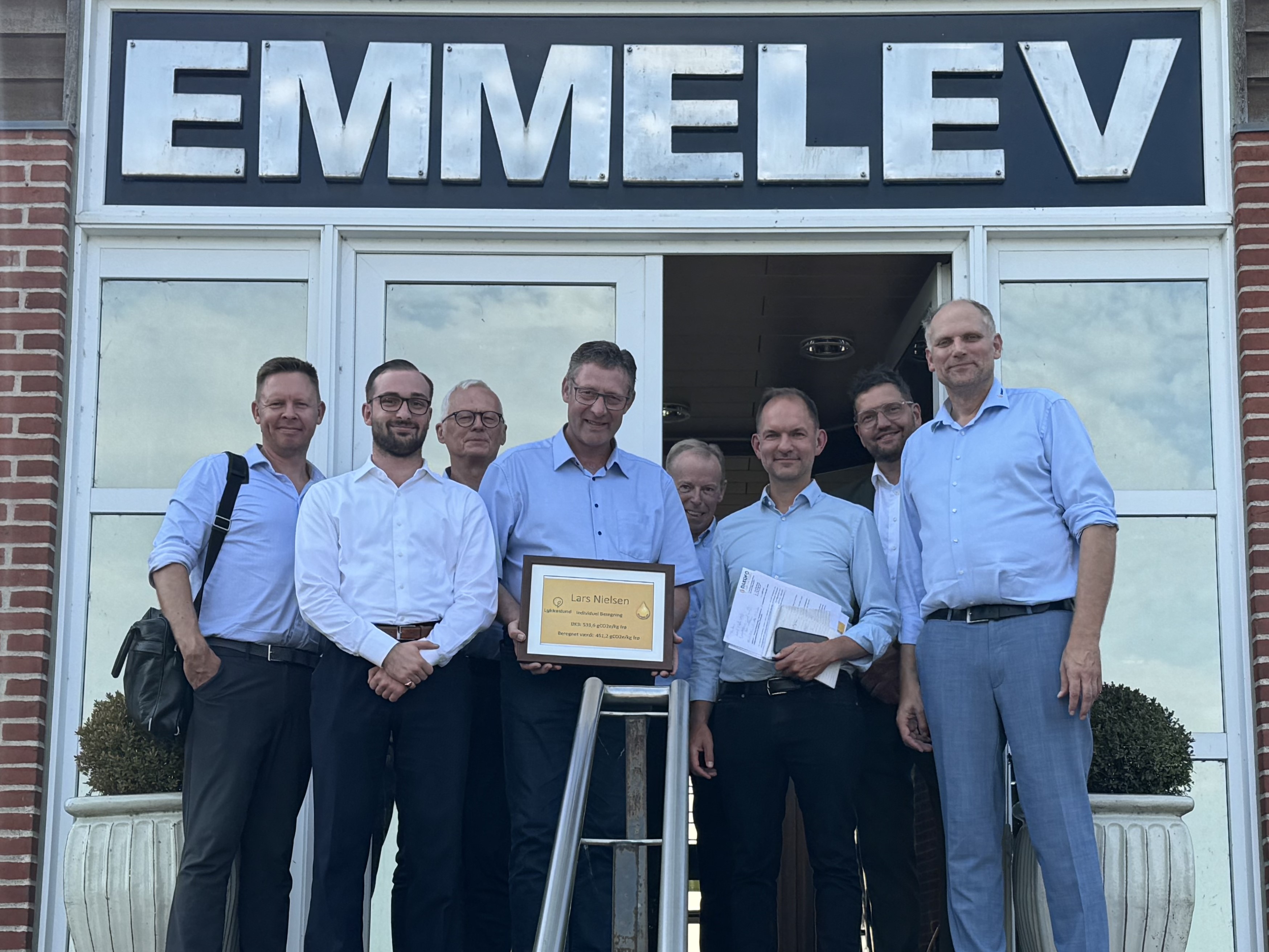These goods are used in feed, food, pharma and fuel solutions. We’re working on growing into more product categories, for example lecithin for feed and food as well as Super Degummed Rapeseed Oil for biofuel.

Being sustainable is never finished
We not only fulfill the EU’s directives on CO2 reduction, but far succeed them. Yet, we’re consistently looking at developing new technologies and products across various sectors that will make a difference.
Whenever we invest in utilizing rapeseed even more efficiently, we make sure the process still affects the environment as little as possible.
It’s crucial for us to limit our own use of resources, too, as well as consider how we get our resources. Emmelev is the only oil mill that buys rapeseed directly from farmers. And we source as much as we can of what we need within a 200-kilometer radius to reduce the climate impact from transportation.
For decades, we’ve asked ourselves, “what’s next?” – and we keep asking every day.








